How Student Accessibility Services Empowered John Mobley’s Academic Pursuits
In May of 2021, John Mobley IV was set to begin the next chapter in his ambitious educational journey. But life had different plans. He had just graduated from Iowa State University with dual bachelor’s degrees in mathematics and physics. That fall, he began a doctorate program in nuclear science and engineering at an institution in Massachusetts. However, shortly after starting that program, Mobley began experiencing issues with his vision. By the end of the year, he had received a life-altering diagnosis: a genetic condition that rendered him legally blind.
Faced with this new reality, Mobley pivoted quickly toward a different passion. Encouraged by the excellent reputation of Iowa State University’s Student Accessibility Services (SAS), he was drawn back to his alma mater for its strong education program. In January of 2022, he began work on his online master of higher education.
“I chose to pursue the master’s during a time of transition when I was going legally blind, to re-tailor where my professional aspirations were taking me,” Mobley shared during a recent interview.
Support from SAS is available to all Iowa State students, including those who attend fully online. This allowed Mobley to both adapt to and thrive in his new academic circumstances. Accessibility was crucial for Mobley’s pursuit of his degree online. The courses were designed in a manner that accommodated his needs and allowed him to work seamlessly with the SAS office to ensure success in his educational pursuits.
“The great thing about all the online courses is that the material is presented in a way that I can enlarge it,” Mobley explained. This highlights one of the many technological tools available to those who have disabilities. Tools are also available for those with disabilities like colorblindness and hearing loss. SAS coordinates these robust accommodations for students with disabilities. They will continue to do so after the new Title II Americans with Disabilities Act web content accessibility guidelines are released in April 2026.
Mobley’s interaction with his instructors also played a significant role in his success. He noted, “The professors in the education program are outstanding at addressing accommodations and different aspects of my disability with them.” This supportive educational environment was a conducive space for learning.
Beyond the coursework, Mobley engaged in collaborative projects as part of his online higher education administration graduate program. He highlighted a notable final project with the English department that focused on policy integration of artificial intelligence. These cooperative experiences provided practical skills that he immediately applied in his role as a graduate assistant at the Ivy Writing and Speaking Center in the College of Business.
Today, Mobley is preparing for a Ph.D. program in engineering education research at the University of Michigan, focusing on nuclear education. His experiences at Iowa State have prepared him with a deep understanding of pedagogical practices. Importantly, he comes away from his time at Iowa State with a commitment to making education accessible for everyone. Because of his vision impairment, Mobley says, “I’m always thinking of how I can best address and support students who might be going through the same challenges I had.”
Mobley emphasized the importance of a growth mindset. “Things might not always go the way you want them to; everything’s a learning experience,” he stated. It is this spirit of resilience and adaptability he hopes someday to pass on to his own students.
John Mobley’s story serves as an important reminder of the power provided by strong student accessibility services, including in the online learning environment.

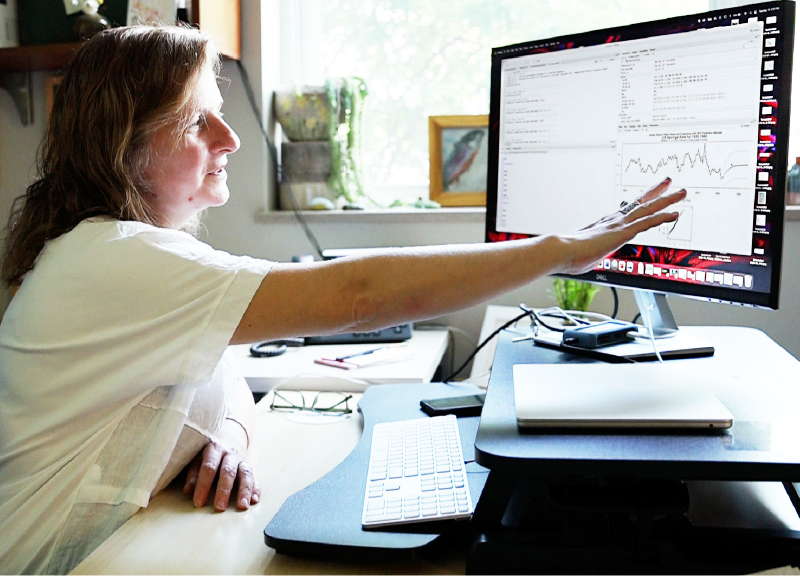

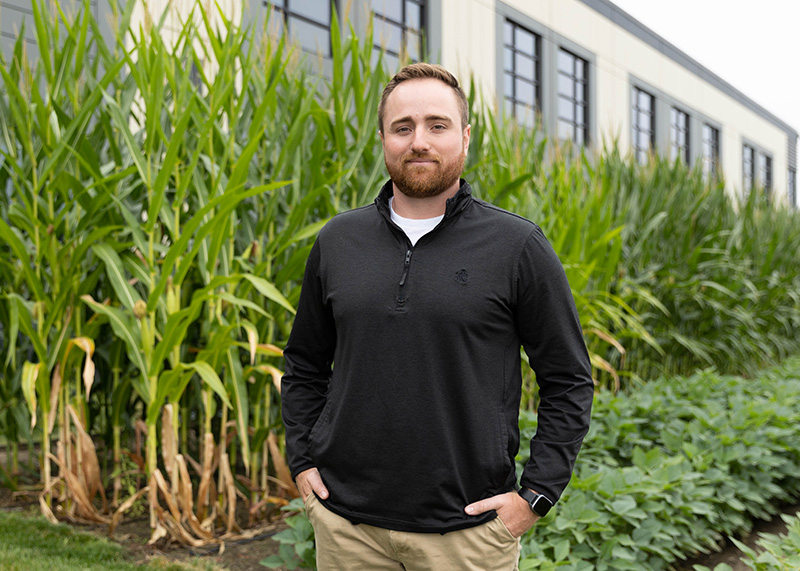
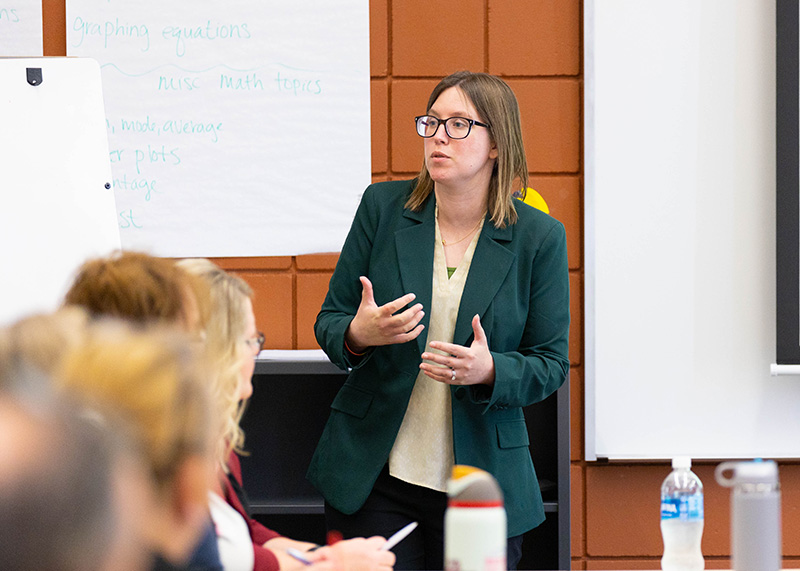
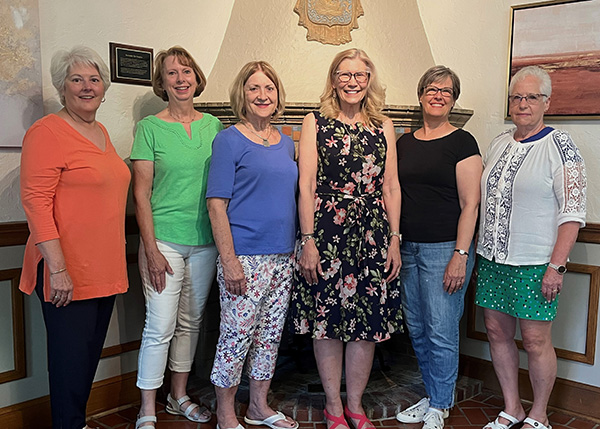

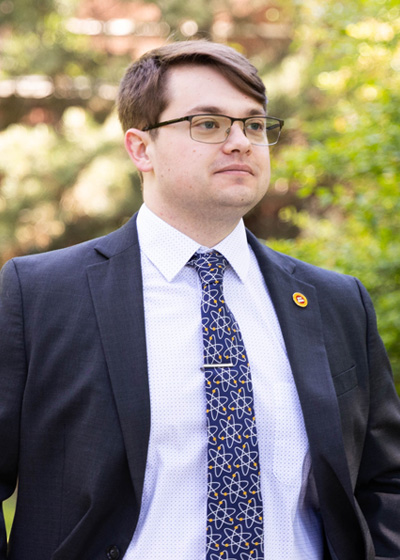 “The professors in the education program are outstanding at addressing accommodations [for] my disability.”
“The professors in the education program are outstanding at addressing accommodations [for] my disability.”